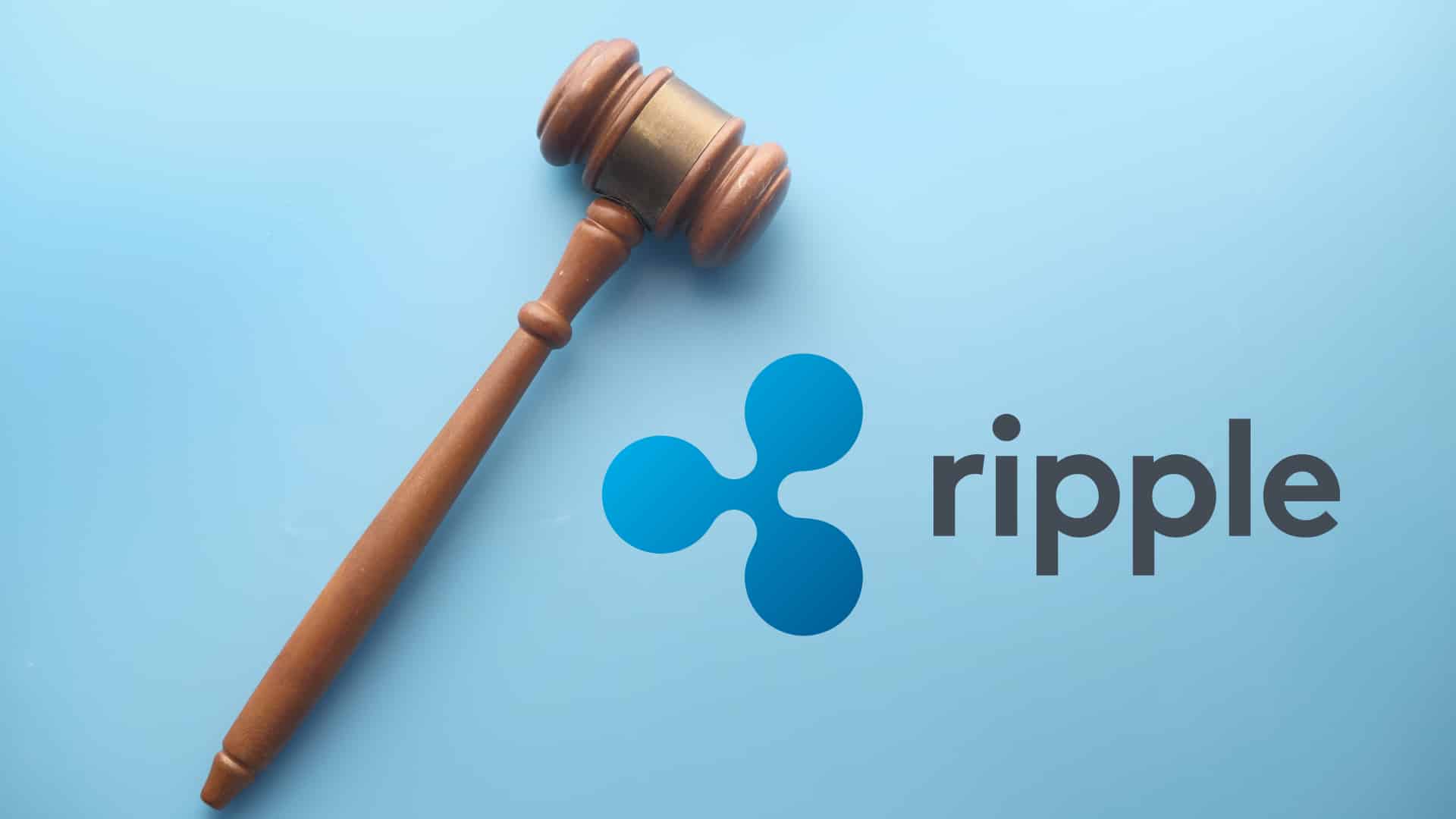Ripple’s Chief Legal Officer Stuart Alderoty has called on the U.S. Securities and Exchange Commission (SEC) to take a more measured approach to crypto regulation.
Addressing the need for a legal and fair framework, Alderoty outlined six key principles that he hopes will guide regulatory clarity in the coming years.
- SEC Jurisdiction: The SEC's jurisdiction covers only securities transactions, not all asset sales.
- Asset and Security: Selling a gold bar with contractual rights attached to it in a gold mine may constitute a securities transaction, but selling the same gold bar without the post-sale rights is merely an asset sale and is outside the jurisdiction of the SEC.
- Post-Sale Obligations: Transactions that do not involve post-sale obligations to the buyer should not be regulated as securities.
- Clarifying Disclosures: The SEC cannot arbitrarily expand its reach based on subjective views about who deserves more disclosure.
- Tokens Are Not Securities: A token is never a security, although it may be sold as part of a securities transaction.
- Token Conversion is a Fallacy: The idea that a token can convert from a security to a non-security has no legal basis.
Alderoty said the SEC should respect legal definitions and avoid overreach, and expressed hope that these principles would become standard practice by 2025.
Cryptocurrency attorney MetaLawMan responded to the principles set forth by Alderoty, largely agreeing with his claims but offering a brief explanation:
“A token is almost never a security. In rare cases where a token confers rights to distributions, dividends, or equity-like benefits in the issuing project, it may qualify as a security.”
*This is not investment advice.










